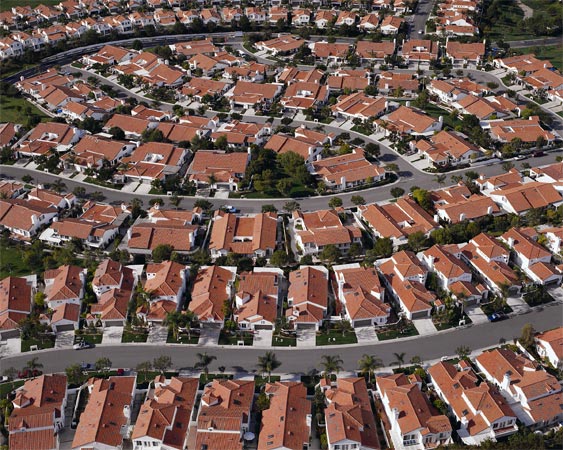 As our political divide worsens into tribal camps, Jonathan Haidt and Greg Lukianoff argue in a New York Times op-ed that our isolated and over-supervised upbringing is to blame:
As our political divide worsens into tribal camps, Jonathan Haidt and Greg Lukianoff argue in a New York Times op-ed that our isolated and over-supervised upbringing is to blame:
But during the 1980s and 1990s, children became ever more supervised, and lost opportunities to learn to deal with risk and with one another. You can see the transformation by walking through almost any residential neighborhood. Gone is the “intricate sidewalk ballet” that the urbanist Jane Jacobs described in 1961 as she navigated around children playing in her Greenwich Village neighborhood. One of us lives in that same neighborhood today. His son, at the age of 9, was reluctant to go across the street to the supermarket on his own. “People look at me funny,” he said. “There are no other kids out there without a parent.”
The result of this isolation is in inability to get along with and respect others of different viewpoints. And it’s no accident that this time period in this research coincides with the rise of suburban sprawl — and the tremendous isolation it brings to children raised in that environment.
A suburban home with an enclosed backyard maximizes convenience for parents. They can supervise their kids outside without fear of strangers intruding or the kids running off, as they’re all safely penned in the backyard. A nice single-family home also provides a quiet respite for the working adult who commutes by car and can therefore the home leave whenever he or she wants for errands, socializing, and the like.
But for children, these backyards stifle the kind of random social interactions and independence that Haidt and Lukianoff cite as necessary for emotional development. And the car-dependent environment means the children lack self-sufficiency and mobility until they get their license and access to an automobile. They’re otherwise completely dependent on caregivers to ferry them around.
It’s yet another argument against the suburban sprawl model — beyond its unsustainable environmental impacts.


